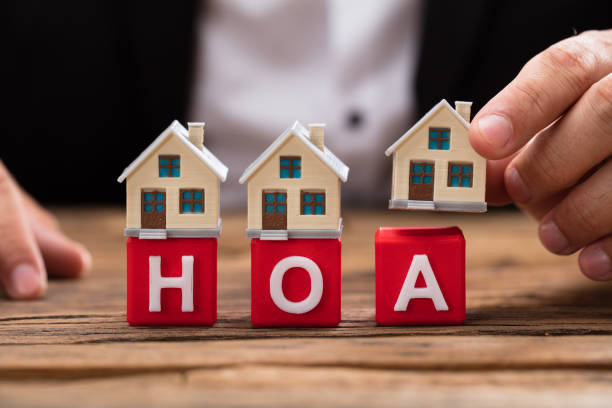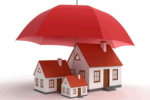What Perspective Buyers Need To Know About Homeowners Associations

Approximately 50% of Floridians live in communities governed by homeowners associations (HOAs), sometimes referred to a property owners associations (POAs). These associations, which govern various aspects of community living, such as property maintenance and shared amenities, can provide numerous benefits but may impose certain restrictions on homeowners.
To make informed decisions while purchasing a home governed by a homeowners association (HOA), prospective buyers must be aware of the rules set forth by the HOA and how those rules interact with local ordinances and state laws.
One advantage of purchasing a property under an HOA is the access to various amenities. Many communities boast shared facilities such as swimming pools, clubhouses, fitness centers, tennis and pickleball, or spas, which may be included in the dues residents pay. Additionally, HOAs often are responsible for maintaining common areas to include, but not limited to, security gates, roads, lighting, sidewalks, landscaping, and exterior building maintenance, ultimately enhancing the overall neighborhood utility and aesthetics. A HOA may also have dispute resolution procedure in place to assist with conflicts between neighbors, management and more.
Living within an HOA-governed community might have certain restrictions related to architectural modifications or pet ownership. Additionally, fees required for upkeep and management could impact affordability depending on individual financial circumstances. Therefore, buyers should consider their desires for autonomy versus communal support while evaluating properties in association-controlled neighborhoods.
After considering the advantages and disadvantages of purchasing a home within an HOA community. Should you decide that an HOA community is appealing to you, it is essential to go deeper into the specifics of the prospective association. Thorough examination of the governing documents like covenants, conditions, and restrictions (CC&Rs), bylaws, rules and regulations, financial statements, reserve studies, insurance policies, and any other pertinent documentation will further evaluate if the specific community is where you want to make an investment in a home.
These documents will provide important information on architectural control guidelines, assessment obligations (including special assessments), dispute resolution procedures, rental restrictions, pet policies, parking rules, and maintenance requirements and more.
Here are some of the documents you need to request and review when reviewing an HOA in advance of purchase commitment.
Financials
Annual due and fees, special assessments, fines and fees and other budgeted expenses and necessary information a buyer needs when evaluation their total financial obligation when purchasing a home. At a minimum a budget, balance sheet and audited financials should be reviewed in advance of finalizing a purchase decision.
Declaration of Covenants, Conditions, and Restrictions (CC&Rs)
This is a legally binding document that is officially recorded for all registered homeowners associations (HOAs)and filed with the State. The CC&R covers the rights and obligations of the HOA to its members and vice-versa. The goal of the CC&Rs is to protect, preserve, and enhance property values in the community.
Bylaws
The community’s bylaws establish the structure of day-to-day governance of your homeowners association and duties of the Board. This includes things like:
- Frequency of HOA board elections
- Process for nominating and electing new board members
- Number of members that serve at one time
- Length of board member service terms
- Meeting frequency and quorum requirements
- Duties and responsibilities of board members
Rules and Regulations
When you purchase a home in a community governed by an HOA you are agreeing to abide by all rules and regulations specified in the governing documents. Your community’s Rules & Regulations are a catch-all for the things that aren’t covered in the CC&Rs or Bylaws. These are often the rules that might need revising over time due to changes in the community.
Every document can be changed and is done so with Amendments. Make sure you request all these, as well, for review.
Equipped with this knowledge about what financial membership entails within an HOA community in Florida will enable buyers to make informed decisions regarding if the property is suited to your needs and desires.

















 Kim N. Bregman
Kim N. Bregman